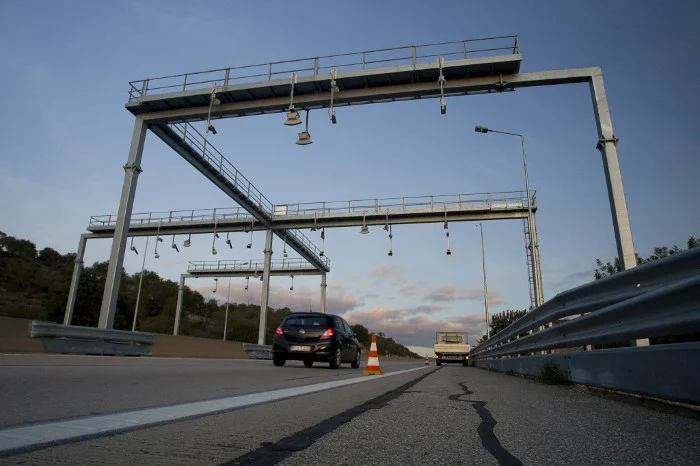If you use the roads of Portugal, whether as an expatriate or a simple tourist, then you will surely have to go through automatic tolls and gantries and other SCUTS. Payment of tolls is mandatory in Portugal, whether you are a regular user or if it is the only time you use Portuguese roads and tolls. Failure to pay SCUTS in Portugal can result in heavy fines of up to several hundred euros. It is possible to opt for an automatic payment method, that is to say, be billed via your Via Verde box or the chip on your license plate. If you do not have one of these devices you can adjust them in person. How to pay SCUTS and electronic tolls in Portugal ? What are the penalties for forgetting payment of SCUTS ? Lisbob, the expatriate assistant in Portugal, tells you all about the payment of SCUTS and tolls in Portuguese land.
All types of companies and businesses in Portugal, individual and collective
If you have the project to undertake in Portugal, then one of the key steps in starting a business is the legal choice of the entity to be formed. It is important to know all the types of companies that can be incorporated in Portugal, in order to choose the best option to ensure the success of your business. Indeed, even if the legal forms are similar to what can be found in other European countries, Portugal has its peculiarities which make a bad choice of status can lead to many setbacks.
You must always consider the strengths of the future company, the assets to be allocated, the type of responsibility, and the required capital investment. Last but not least, you must decide if it is an adventure that you intend to conduct alone or with other partners. What are the different legal forms for companies and businesses in Portugal? What status to take if the activity is for an individual or for a group? Lisbob, the expatriate assistant in Portugal, tells you everything in this comprehensive guide to all legal forms of business and society, individual or collective in Portugal in 2020.
In this way, to help you make this decision, it follows a list of different legal forms of companies, divided into two categories - individual and collective.






